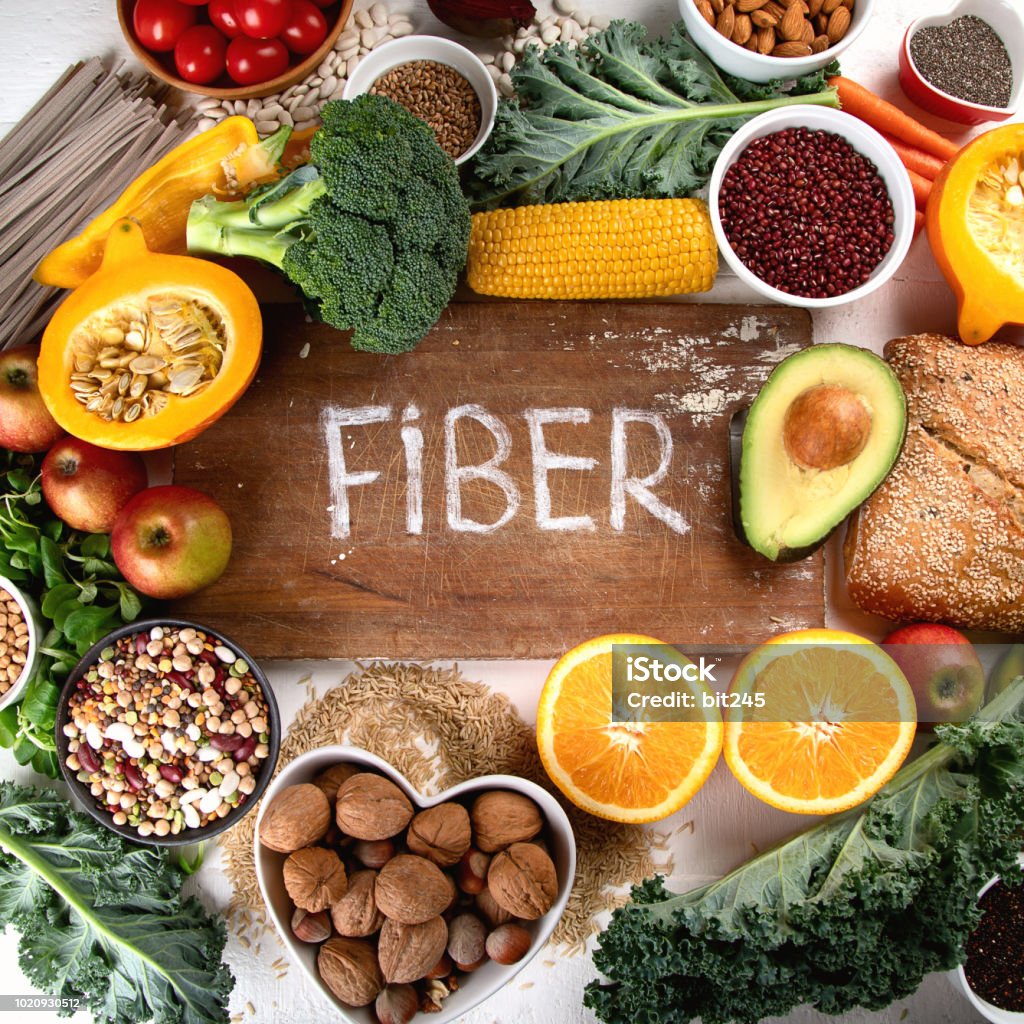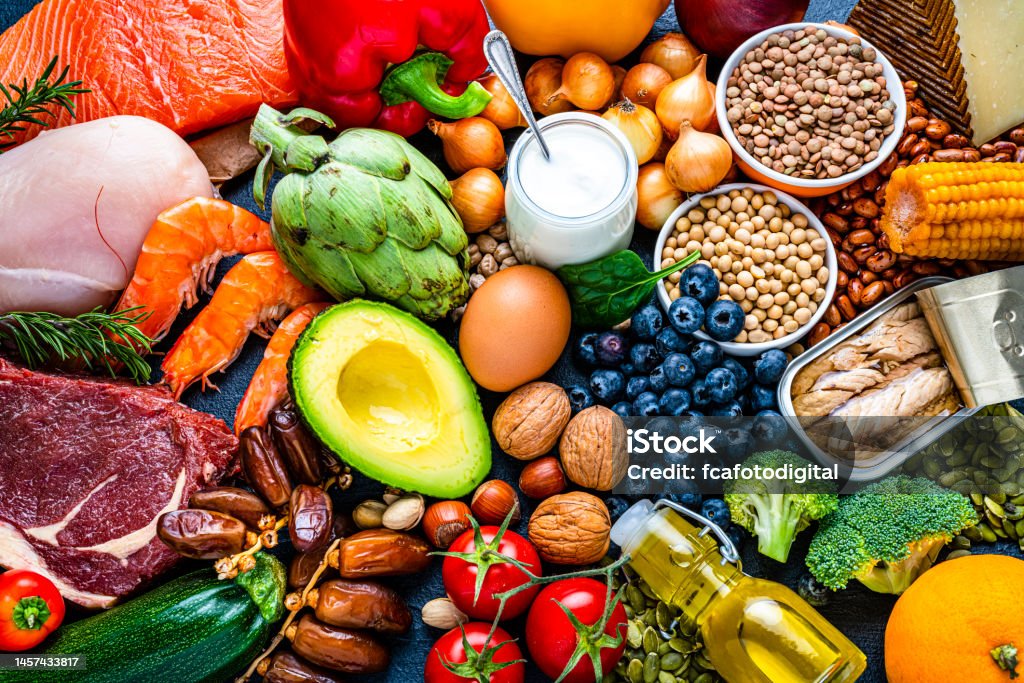Nutrition plays a vital role in supporting developmental growth in the human body. It provides essential nutrients, such as vitamins, minerals, proteins, carbohydrates, and fats, which are necessary for the body’s overall function and development.

During developmental stages, such as infancy, childhood, and adolescence, the body goes through rapid growth and physiological changes. Proper nutrition is crucial during these periods as it ensures optimal physical and mental development.

Proteins are essential for the growth and repair of tissues, including muscles, bones, and organs. They also play a role in the production of enzymes and hormones that regulate various bodily functions. Consuming adequate amounts of protein-rich foods, such as meat, fish, dairy products, legumes, and nuts, is necessary for proper growth.
Carbohydrates provide energy for the body, especially the brain, which is highly active during developmental stages. Whole grains, fruits, vegetables, and dairy products are excellent sources of carbohydrates and are vital for sustained energy levels.

Fats are crucial for cell growth and function, as well as the absorption of fat-soluble vitamins. Including healthy fats, such as those found in avocados, nuts, seeds, and oily fish, is important for optimal growth and development.

Vitamins and minerals are involved in numerous physiological processes and support various aspects of growth. Vitamin D, for example, is crucial for bone development, while iron is essential for the production of red blood cells and oxygen transport. A balanced diet that includes a variety of fruits, vegetables, whole grains, and lean proteins can help ensure adequate vitamin and mineral intake.

Inadequate nutrition during developmental stages can lead to stunted growth, delayed physical maturation, impaired cognitive development, weakened immune function, and increased susceptibility to diseases. Therefore, providing proper nutrition is essential to support optimal developmental growth in the human body.




